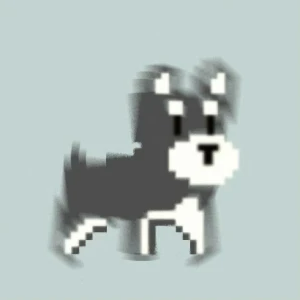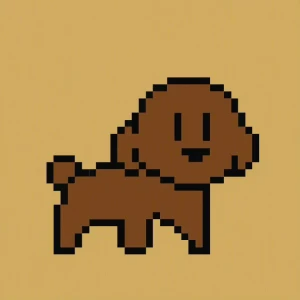不要说什么fun做名词
fun也可以做adj.
我要问嘚是fun得比较
是more fun 还是funner
 ardim
ardim-
fun可以作形容词,理论上的比较级形式是funner,因为是单音节词。
不过,fun作形容词的用法比较有限,一般只能作修饰名词的前置定语,因此,它的比较级形式几乎不用。
给你一些例子,让你更了解fun作形容词时的意义和用法:
Try snowboarding – it"s a really fun sport.
She"s a really fun person to be around.
Hundreds of people were there and it was a really fun day out.
注意,fun与funny的意思是不同的。fun是enjoyable和interesting的意思,而funny则多少带有些strange甚至ridiculous的意思。funny是一个正常形容词,所以它的比较级funnier及最高级funniest使用很频繁。
 CarieVinne
CarieVinne-
可以,但是只能在非正式英语里面用。下面有一段英文说这个问题:
大意是说fun一开始只有名词形式,后来慢慢演化出来形容词形式,但是一般也是做为名词在用,比如说 a card game a fun game, card就是名词修饰名词的例子。
后来很多人都开始用funner,所以在非正式场合可以这样用,但是在正式的说和写中,最好避免用funner这种说法
[Q] From Gary Claassen in the USA: “Why can we not say funner and funnest? There are other one-syllable adjectives we can add -er and -est to, such as close (closer and closest) and hot (hotter and hottest). What is it about fun that would make this impossible?”
[A] Interesting question. Fun has conventionally been said to be a noun, so that you can"t make these comparative or superlative forms from it.
But it"s often difficult to work out exactly what job a word is doing in an English sentence, because it"s so easy to shift about between using a word as a straight noun, as in “the television is on”, and using it to modify another noun, as in “the television show has finished”. In the second case — what grammarians refer to as an attributive use — we know that television is a noun because it turns up in other situations. But if it didn"t, we might just as well decide that it"s an adjective, as it"s doing the same job as an adjective. Because this is so easy to do in English, over time words sometimes shift roles. Fun is a good example; it has moved away from being just a noun to being equally comfortable in an adjectival role.
Fun has long been used attributively, as in this is a fun game, in a way that"s no different from saying this is a card game, in which card is certainly a noun (at least, that"s true in writing; in speech subtle differences in stress on the two elements give hints of the relationship between them). Examples are recorded in the Oxford English Dictionary from the nineteenth century that use fun in this attributive way, such as “There was a room at Holly House called the ‘fun-room", without chair or table”. But other examples in the OED from about the same period look decidedly adjectival, such as “Fun jottings; or, Laughs I have taken pen to” from 1853. In 1876 Mark Twain had Huckleberry Finn say in Tom Sawyer: “Tom — honest injun, now — is it fun or earnest?” where fun certainly looks like an adjective because it"s paired with earnest.
This process has accelerated greatly in the past fifty years. The result is that you regularly come across expressions like this party is fun, it"s really fun, we"re going to have a fun time tonight, that game was more fun than the last one, where the distinction between noun and adjective is decidedly blurred (some of these go back a long way in American and British English, especially regionally; I"m happy to use all of them myself, though that view is not shared by everyone). It"s also possible to use fun with verbs such as remain and seem that don"t usually allow nouns to appear after the verb (this seems fun).
Once this process got well under way, people started to say things like how fun is it?, and it"s very fun. The move to adjective has gone so far in the USA that its comparative and superlative are not infrequently found in informal writing: funner for ‘more fun" and funnest for ‘most fun" (“basketball is funner than football, and soccer is the funnest game of all”). A scan of newspapers in the NEXIS database from 1998 found over a thousand examples of the latter form. Some of these are no doubt intended to be humorous, and some are probably mistakes, but surely not all of them are.
What we"re seeing here is language evolution in action. So the straightforward answer to your question is: yes, you can use these forms, and people are doing so increasingly often. But if your question was really asking whether it is acceptable to use them in all circumstances, then I have to say firmly that, no, it isn"t, not yet anyway. They are definitely informal and they should still be avoided when speaking or writing standard or formal English.
 真可
真可-
funner,因为有三个或三个以上音节才能用more fun,fun 只有一个音节所以用funner
 coco
coco-
funner,因为“n"是元音字母,要双写"n"加er.
 LocCloud
LocCloud-
more fun中的fun应该是形容词,a lot修饰more
 再也不做稀饭了
再也不做稀饭了-
funner
 cloud123
cloud123-
more fun
 我不懂运营
我不懂运营-
funner
 贝贝
贝贝-
funner
